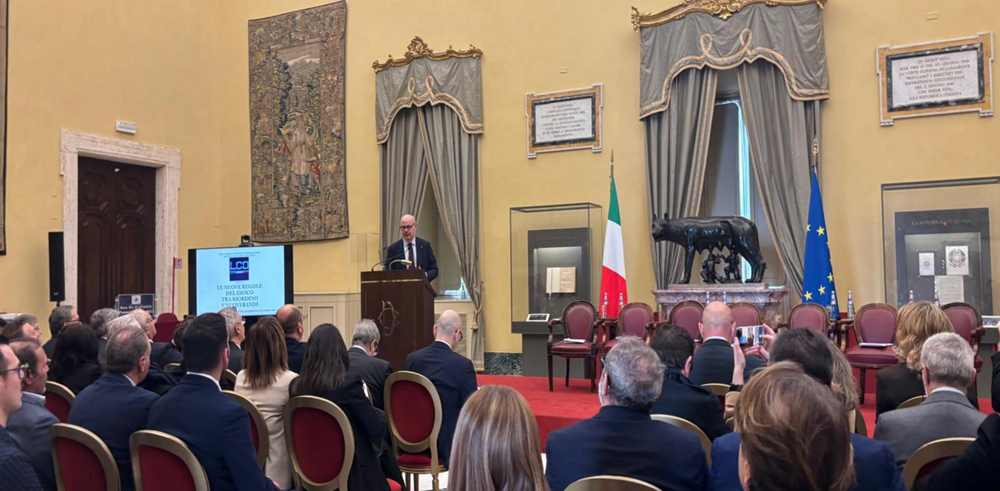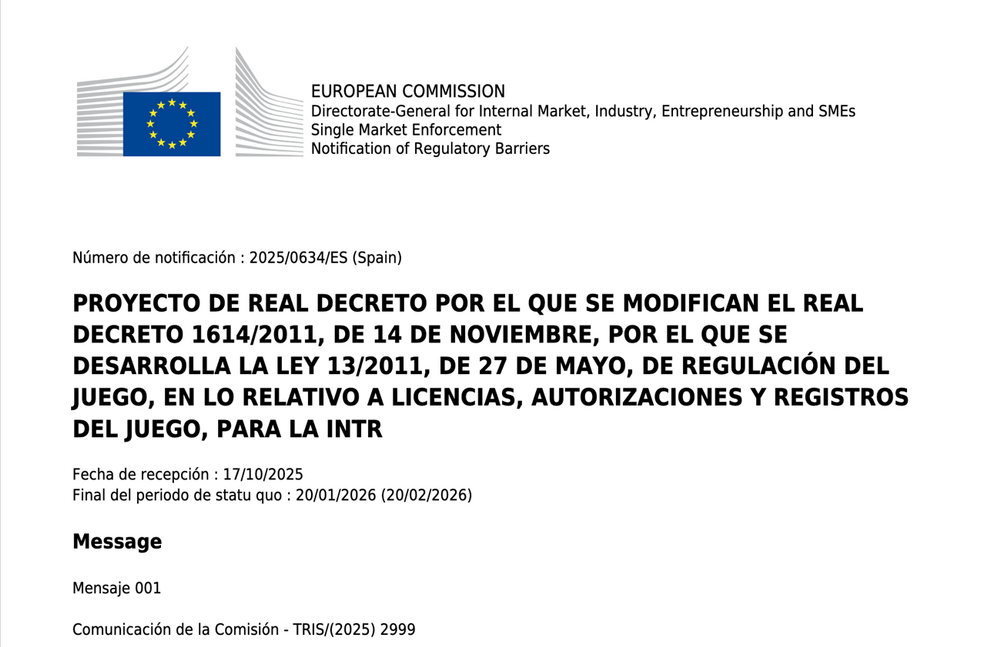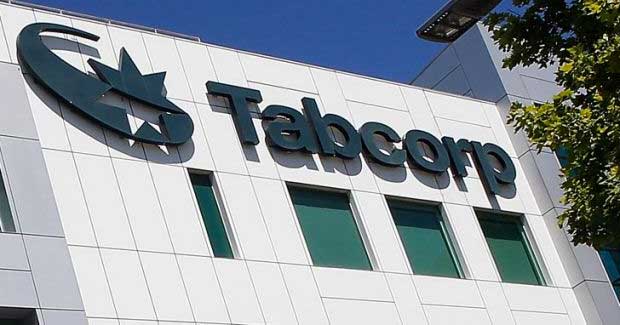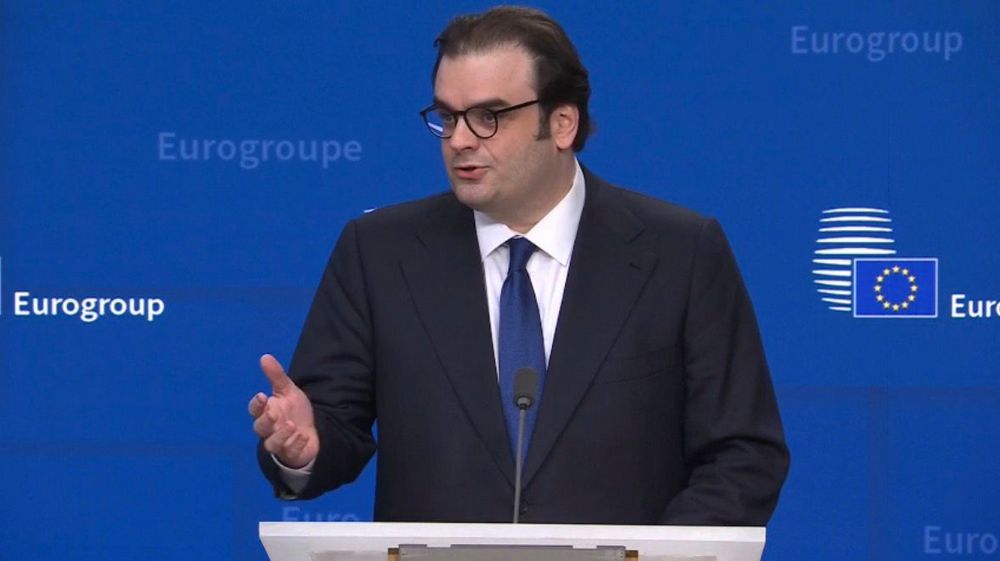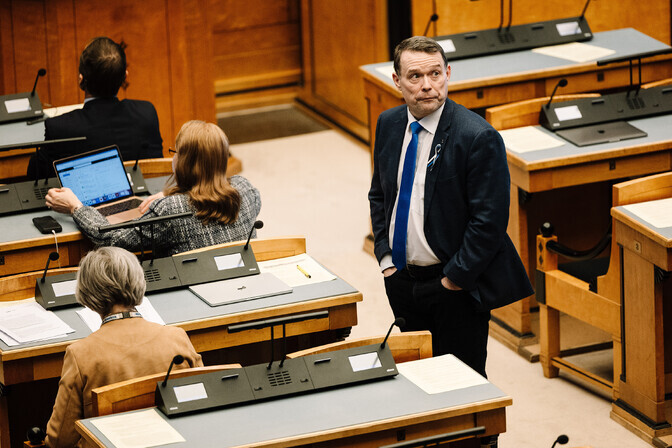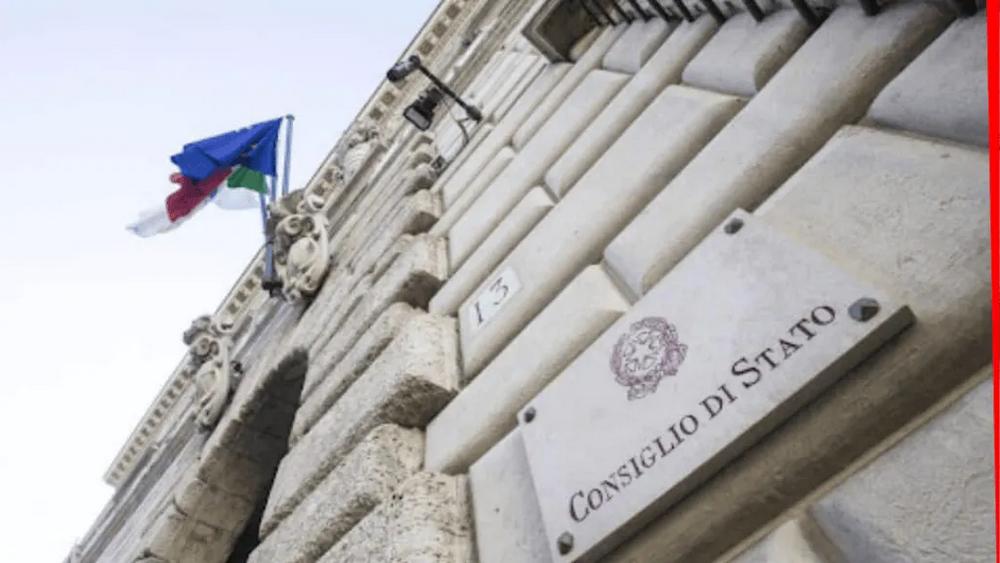Tallinn, October 2025 — Estonia’s ruling coalition is advancing plans to reduce taxes on gambling income, a move designed to attract foreign investment and turn the Baltic nation into a competitive hub for online gaming.
The initiative, led by the Reform Party and Eesti 200, follows the 2023–2028 Coalition Pact, which includes tax incentives to support digital industries. The proposal aims to cut the remote gambling tax from 6% to 4% by 2029, making Estonia one of the most tax-friendly jurisdictions in Europe for gaming companies.

Officials believe the reform could draw operators currently based in Malta, Gibraltar, or Cyprus, while diversifying Estonia’s tech-driven economy. The government expects that a more attractive fiscal framework could increase gaming-related tax revenue by 15% within five years.
Estonia targets “gambling paradise” status to rival Malta with new tax proposal
However, not all voices are convinced. Opposition MP Andrei Korobeinik criticized the plan, noting that “no concrete financial analysis” supports the projection that tax cuts will attract major operators. Analysts have also cautioned that long-term regulatory stability, not tax rates alone, remains the key factor for investors seeking European licensing.

Critics, however, question whether lower taxes alone can achieve such growth, noting that regulatory stability and technological infrastructure remain equally crucial. Estonia’s decision comes as other EU states tighten gambling regulations and raise levies, creating an opportunity for smaller markets to position themselves as new digital gaming hubs.
If approved, the reform could redefine the balance of Europe’s iGaming landscape — turning Tallinn into a northern rival to Malta’s long-held dominance.











